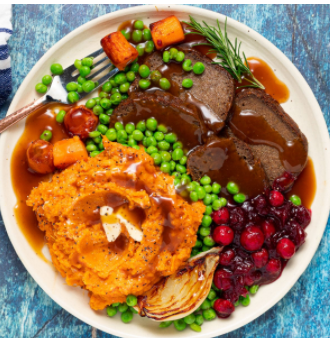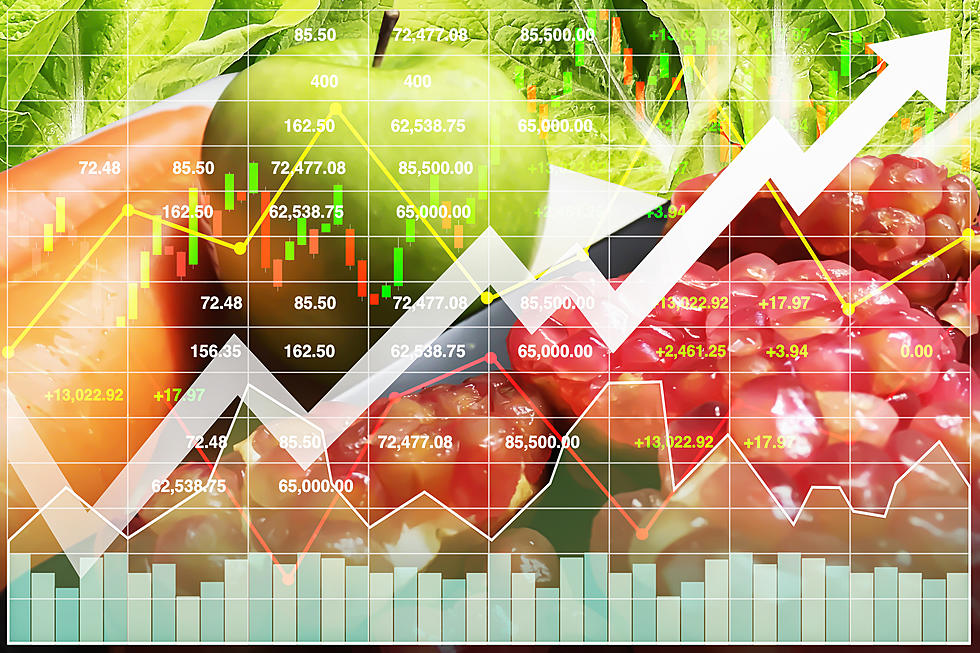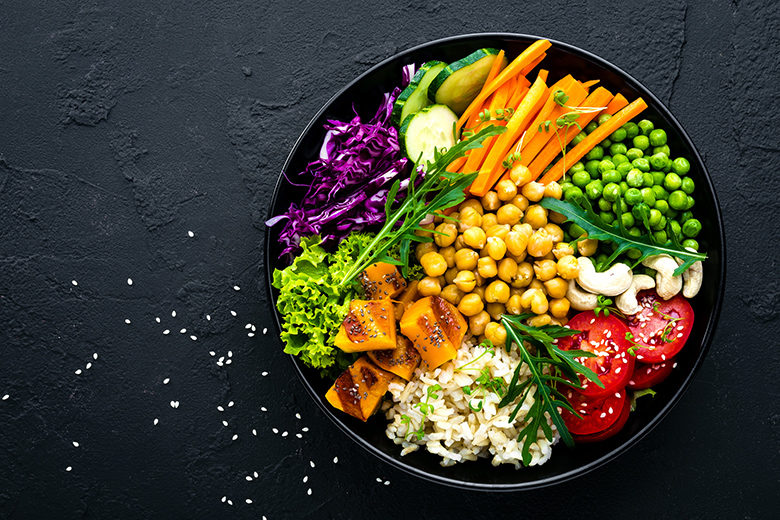
Are you vegan for the planet?
According to researchers at Oxford University, a plant-based meal is up to 73% more carbon-friendly than an animal-based meal. Find out how the vegan lifestyle is probably the best for our environment.

For all the right reasons, many people are shifting their behaviors towards more sustainable lifestyle choices; recycling and composting, to using more eco-friendly modes of transportation. But daily food habits also contribute to our impact in the environment, and as it turns out, they do so in a major way.
Business Insider crunched the numbers to measure all the resources needed to make a quarter-pound of beef. Here’s the breakdown for reference (this does not include energy to cook the beef):
- 14.6 gallons of water
- 13.5 pounds of feed
- 64.5 square feet of land
- 0.126 pounds of methane
- 4 pounds of CO2
Another interesting source we can look at was presented in the documentary ‘Six Degrees’ on National Geographic. In it, they do a deepdive into this same question(you can check their exact math here) and estimated 3 - 6 kg (or 6.6 lbs - 13.2 lbs) of CO2 emissions per every cheeseburger consumed.
Combining these two expert sources, we can estimate that between 4 - 13 lbs of CO2 emissions are released every time people consume a cheeseburger (depending on which type of burger, of course).
A good ballpark average to keep in mind, then, would be 9 pounds of CO2 emitted per burger meal consumed.
How is Vegan food more sustainable?
In contrast, by consuming a vegan diet researchers from Oxford revealed that we can reduce our carbon footprint by up to 73%. Let’s take a look at some of the reasons for why this is:
- 75% of land area (originally destined for cattle) would be replaced with plant crops for human consumption.
- 60% of total greenhouse gas emissions would be cut out completely.
- 100% of the protein and calories could come from more abundant, healthier plant sources.
In a nutshell, we could feed more people by ‘cutting out the middle cow’, if you will, and producing food that inherently releases far less carbon in its production. Even the top researcher from this study went vegan after the first year of conducting the project because he understood it was the most powerful action he could take to lower his carbon footprint.
Yet another groundbreaking study was released in 2017, titled “The climate change mitigation gap: education and government recommendations miss the most effective individual actions”, and was addressed by popular Vegan Youtuber ‘Mic The Vegan’.

Mike is known for debunking myths about plant-based diets and using critical assessment to back up his arguments through sound scientific studies.
This study listed, in order, the best individual choices that people can take to mitigate their carbon emissions. ‘Hav[ing] one fewer child’ was the most eco-friendly action, among others like ‘recycling’ , ‘car-free lifestyle’, and even ‘adopt[ing] a plant-based diet’. However, Mike pointed out that some data points from the study were not accurate and compared them to FAO metrics. You can watch the video here to check his math, but here at VegReady we went ahead and compiled the most important individual decisions we can all take to reduce our carbon damage:

Image credit: VegReady, source: Wynes, S., & Nicholas, K. A. (2017). The climate mitigation gap: education and government recommendations miss the most effective individual actions. Environmental Research Letters, 12(7), 074024.
In closing
It is everyone’s responsibility to take care of our fragile planet and do our part to curb climate change. Our current lifestyles will invariably have some negative effects; yet we have the knowledge and resources to consciously decide to implement lifestyle choices that can massively reduce the impact of our day-to-day living. And if we can all live our best lives while living vegan, and thereby have the greatest impact on reducing our contribution to climate change, it’s our opinion that all of us owe it to the planet, and all current and future Earthlings, to get started!
Feel free to share this blogpost and sign up to our newsletter to check out more articles like these!
Resources:
Poore J., Nemecek T. Reducing food’s environmental impacts through producers and consumers. Science. 2018;360:987–992.
Wynes, S., & Nicholas, K. A. (2017). The climate mitigation gap: education and government recommendations miss the most effective individual actions. Environmental Research Letters, 12(7), 074024.





